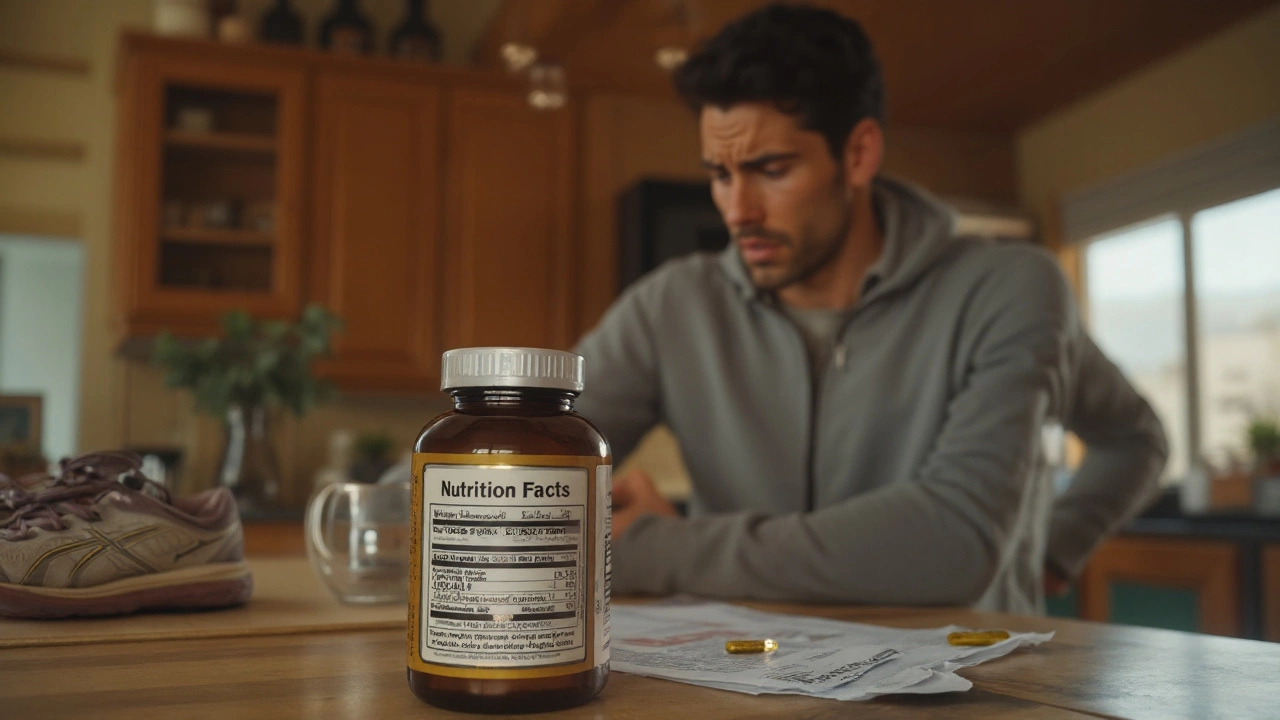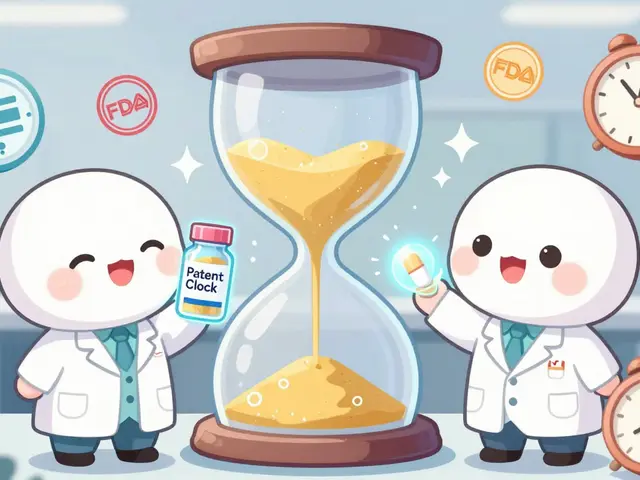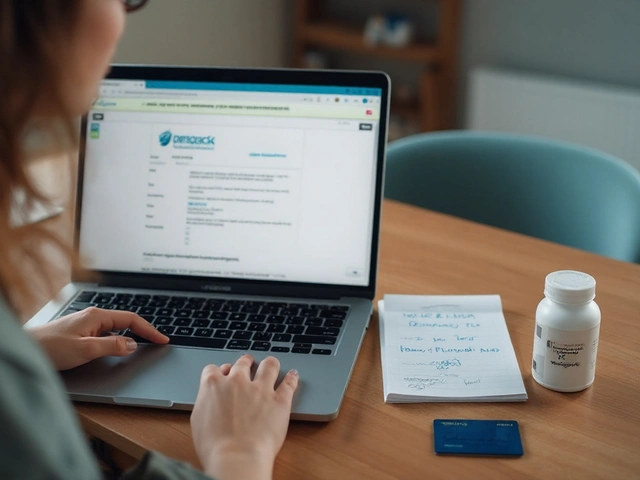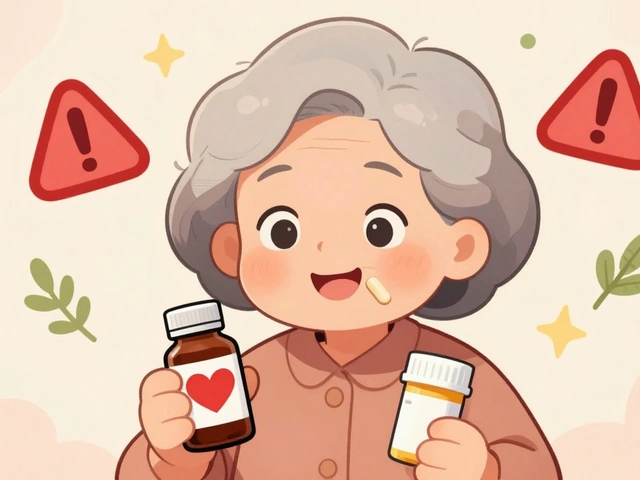Side Effects: Spotting, Understanding, and Managing Them
If you’ve ever taken a new pill and felt a weird headache or an upset stomach, you’ve experienced a side effect. They’re normal, but not all side effects are harmless. Knowing what to look for can keep you from getting sick and help you decide when to call a doctor.
How to Identify Common Side Effects
Most medicines cause at least one minor reaction. The most frequent ones are:
- Digestive issues: nausea, diarrhoea, constipation. Antihistamines like Allegra or antibiotics such as ampicillin often list these.
- Headaches or dizziness: common with blood pressure meds like lisinopril or sleep aids like zolpidem.
- Dry mouth or increased thirst: seen with some antidepressants and anti‑seizure drugs.
- Skin changes: rash, itching, or redness. Steroids and some supplements can trigger them.
If the symptom shows up within the first few days, it’s probably a side effect. Keep a daily log – note the drug name, dose, and what you felt. A simple notebook or a phone note works fine.
When a Side Effect Needs Attention
Not every reaction means emergency, but some do. Call your health‑care provider right away if you notice:
- Shortness of breath or wheezing.
- Chest pain or a rapid heartbeat.
- Severe swelling in the face, lips, or tongue.
- Uncontrollable vomiting or diarrhoea lasting more than 24 hours.
- Any new, intense rash that spreads quickly.
These signals could point to an allergic reaction or a serious drug interaction. Even if you’re not sure, it’s safer to ask.
Another useful trick is to compare the drug’s official side‑effect list with what you feel. Most online pharmacy pages (like the ones for Advair Diskus, Desyrel, or Topamax) include a short table of common and rare effects. If you see a match, you have a clue about what’s happening.
For chronic conditions, side effects can pile up over time. Blood thinners, for example, may cause easy bruising after weeks of use. If you notice a pattern, talk to your doctor about dose adjustments or alternative meds.
Finally, remember that supplements are not automatically safe. White pepper extract (piperine) or gamma‑linolenic‑acid capsules may interact with prescription drugs, leading to stronger or weaker effects. Always mention any supplement you take when you discuss medication side effects with a professional.
Bottom line: track, compare, and act. A quick note in your phone can prevent a small nuisance from becoming a big problem. Stay aware, stay safe, and keep your health in the driver’s seat.
December 11, 2025
Alyssa Penford
12 Comments
Post-market surveillance catches dangerous side effects that clinical trials miss. Learn how real-world data, patient reports, and AI are used to monitor drug and device safety after approval.
August 16, 2025
Alyssa Penford
18 Comments
Clear 2025 UK guide to Calcort (deflazacort): what it’s for, how to take it, dose equivalents, tapering, side effects, and safety tips. People-first and practical.
August 9, 2025
Alyssa Penford
13 Comments
Get the lowdown on Astralean (clenbuterol), its real-life impact, risks, and what you need to know before trying it for fat loss.
July 21, 2025
Alyssa Penford
19 Comments
Discover how tacrolimus has changed kidney transplantation, from boosting long-term success rates to its impact on daily health routines.
June 26, 2025
Alyssa Penford
5 Comments
Looking at what Medexil is, how it's used, possible side effects, safety information, and how to take it properly. Clear tips for patients included.









